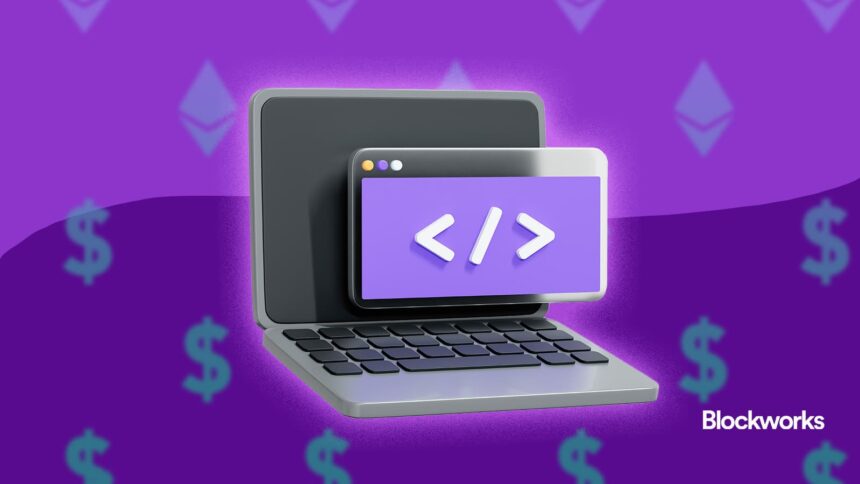A comprehensive report from the Protocol Guild has shed light on the significant compensation challenges faced by Ethereum core developers. The findings reveal that many developers are inadequately compensated in fiat terms and lack exposure to the potential upside of tokens, even as they work to maintain the critical infrastructure of Ethereum.
For this group of developers, the Protocol Guild has become a crucial alternative source of “equity-like” compensation, addressing a gap that traditional employment structures have struggled to fill. According to the report, the median salary for an Ethereum core developer stands at $140,000, while external offers in the marketplace can reach up to $300,000, resulting in a staggering compensation gap of 114%. The additional financial support offered by the Protocol Guild, averaging $67,121, helps bring the total compensation for developers to approximately $207,121. While this still falls short of market rates, it represents a significant part of their income, accounting for nearly one-third of their overall earnings.
The report highlights a critical aspect of compensation: risk. Only 37% of surveyed developers receive equity or token grants from their employers, which means many are missing out on potential upside. The Protocol Guild aims to rectify this by offering a compensation model that resembles early-stage equity—characterized by long vesting periods, alignment with the Ethereum ecosystem, and a focus on the long-term health of the network.
In the past year, 38% of surveyed members reported receiving employment offers, often from Layer 2 solutions or other Layer 1 blockchains, with tempting token or equity components. Data reveals that median grants in these offers can amount to 6.5% of the total token or equity, indicating a substantial financial upside that is generally inaccessible to most core Ethereum contributors.
Compensation disparities also exist within Ethereum itself. For instance, the report shows that Research roles command a median cash compensation of $215,000, while client development and coordination roles are compensated at a lower median of $130,000, despite their essential importance to the protocol’s operation. Additionally, developers with 7–8 years of experience earn a median of $212,000, outperforming those with over 9 years who earn a median of $150,000. This suggests potential stagnation in raises or misaligned role levels for some of Ethereum’s more experienced contributors.
The implications of these findings point to an urgent retention risk. A significant 59% of respondents indicated that the Protocol Guild plays a “very” or “extremely” important role in their decision to continue their work within Ethereum core development. Since its pilot launch in May 2022, the Protocol Guild has distributed over $32 million to contributors, funded by ecosystem projects committing 1% of their token supply. However, this funding base is concentrated, with just three foundations responsible for the majority of the current vesting pipeline. This concentration highlights the need for wider buy-in from the ecosystem to ensure the model’s scalability.
Operating as a shared funding mechanism, the Protocol Guild allows participating projects to dedicate 1% of their token supply to a vesting contract, which streams funds to Guild members over a four-year period. The allocation system is governed transparently on-chain and considers factors such as contributor tenure and role weight. Notably, the Protocol Guild does not directly employ developers; rather, it augments their existing compensation through this equity-like stream, reflecting both the long-term success of Ethereum and a commitment to credible neutrality in the development process. The contributions and vesting schedules are fully auditable on platforms like Dune.
Developers behind the Protocol Guild stress that this initiative should not be viewed as charity but as a vital component of economic infrastructure. The four-year vesting structure aligns incentives with Ethereum’s strategic objectives while maintaining the credible neutrality core developers are intended to uphold. As such, the Protocol Guild has essentially become the equity package for developers who operate outside conventional corporate frameworks.
The critical question now remains: Can Ethereum scale this mechanism effectively to retain valuable human capital for the long term?






